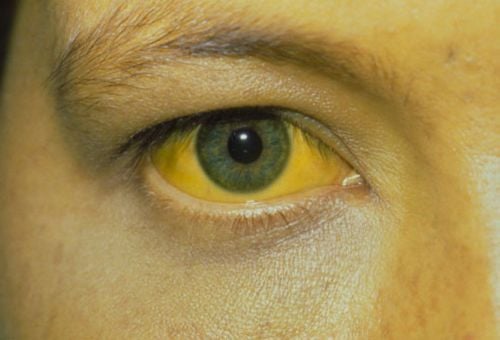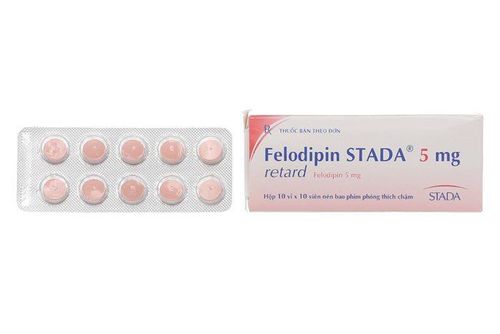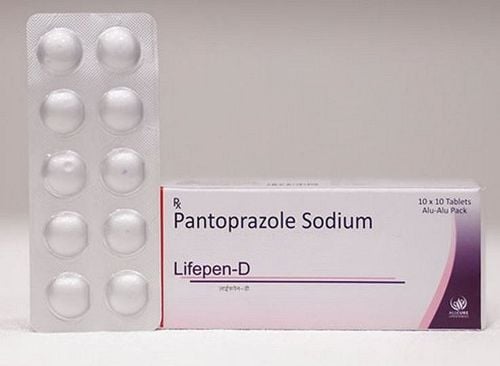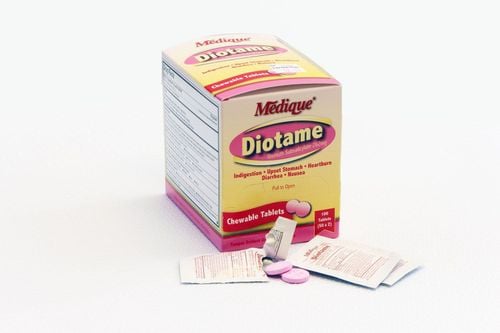This is an automatically translated article.
The article is professionally consulted by Master, Doctor Vu Huy Binh - Department of Medical Examination & Internal Medicine - Vinmec Hai Phong International General Hospital. Doctor has 09 years of experience in the field of Gastrointestinal Endoscopy.Heartburn and heart attack can be difficult to tell apart when they both present symptoms of chest pain. Heartburn is often caused by stomach acid backing up into the esophagus, while many different heart conditions can cause chest pain. Therefore, it is important to distinguish these two diseases for timely and correct treatment.
1. What are the symptoms of common heartburn?
If, after eating, you have a burning sensation in your chest, just behind your breastbone, it could be heartburn. This symptom can last from a few minutes to several hours.Heartburn begins when stomach acid backs up into your esophagus, which is a tube connecting your throat and stomach. Besides heartburn, you may also have other symptoms such as:
Chest pain, especially after bending, lying down or eating Burning sensation in the throat Liquid in the throat has a sour taste, salty and warm persistent cough, sore throat, or hoarseness If these symptoms occur frequently, you should see your doctor to be diagnosed with heartburn or if the symptoms above are a sign of another medical condition.
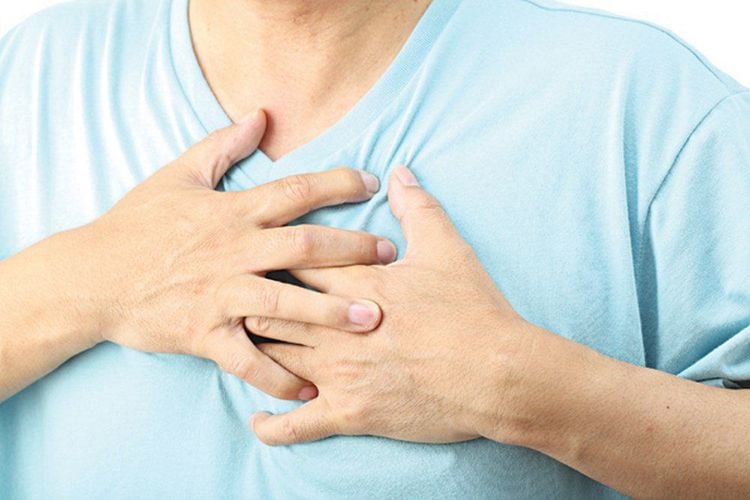
2. Differentiate between heartburn or heart attack?
In clinical practice, chest pain is one of the most common reasons people go to the emergency room. Among them, many suffer from angina or a heart attack, but in others it can be a severe symptom of heartburn.Usually, the symptoms of pain from angina, heart attack or severe heartburn are difficult to distinguish, so doctors often have to do a thorough examination and perform intensive tests to distinguish these conditions. Several factors can make it more difficult for doctors to differentiate these conditions, such as being elderly or being overweight.
More typical signs of heartburn include:
A burning sensation, just below the breastbone or ribs. Chest pain may be accompanied by a sour taste in the mouth, regurgitation of food, or a burning sensation in the throat. The pain usually doesn't radiate down the shoulder, neck, or arm, but heart problems can. Pain often comes after meals, especially after eating foods or drinks that cause gastroesophageal reflux. Pain occurs when the patient lies down or exercises after eating. Symptoms usually subside quickly after taking an antacid. Patients rarely sweat when they are in pain or do not have difficulty breathing.

3. When to call an ambulance?
If you have chest pain that won't go away and you're not sure if it's heartburn or a heart attack, call 911 or go to the nearest medical facility right away for a prompt examination and treatment. Although symptoms of heart attack and heartburn can sometimes go away after a while, it's still important to contact your doctor if you have chest pain and aren't sure what's causing it. this symptom, even when the chest pain has stopped.Alternatively, call 911 if the person has typical symptoms of a heart attack or angina such as:
A feeling of pressure, tightness, or dull pain in the center of the chest Feeling like a belt is tightening Tightness around the chest Pain with exercise and relief with rest Sudden chest pain or a feeling of pressure in the chest that gets worse Dizziness Pain that radiates down the shoulder, neck, jaw, or arms Pain that gets faster after taking nitroglycerin Shortness of breath Sweating If the patient has any pain lasting more than a few minutes or any warning signs of a heart attack, the patient or family member should take the patient to a Medical facility immediately. In addition, family members and patients should also see their doctor for information to differentiate between heartburn and heart disease.
As one of the leading centers of Vinmec Times City International General Hospital, the expert team of Cardiology Center includes experienced professors, doctors, specialists 2, masters. , has a great reputation in the field of medical treatment, surgery, interventional cardiac catheterization and application of advanced techniques in the diagnosis and treatment of cardiovascular diseases.
Please dial HOTLINE for more information or register for an appointment HERE. Download MyVinmec app to make appointments faster and to manage your bookings easily.
Article reference source: Webmd.com




